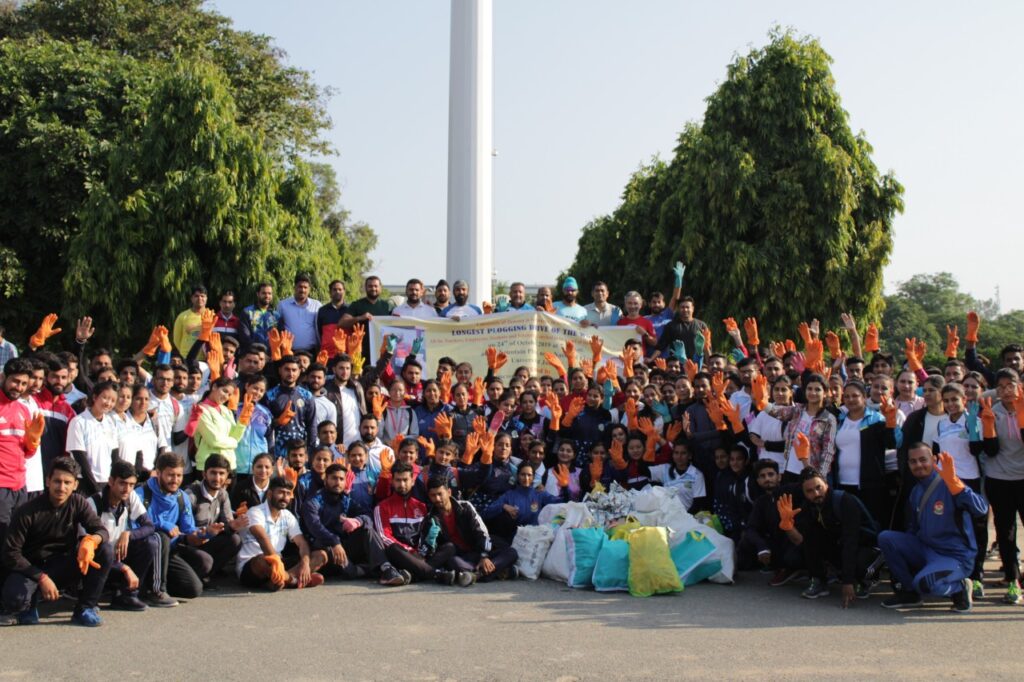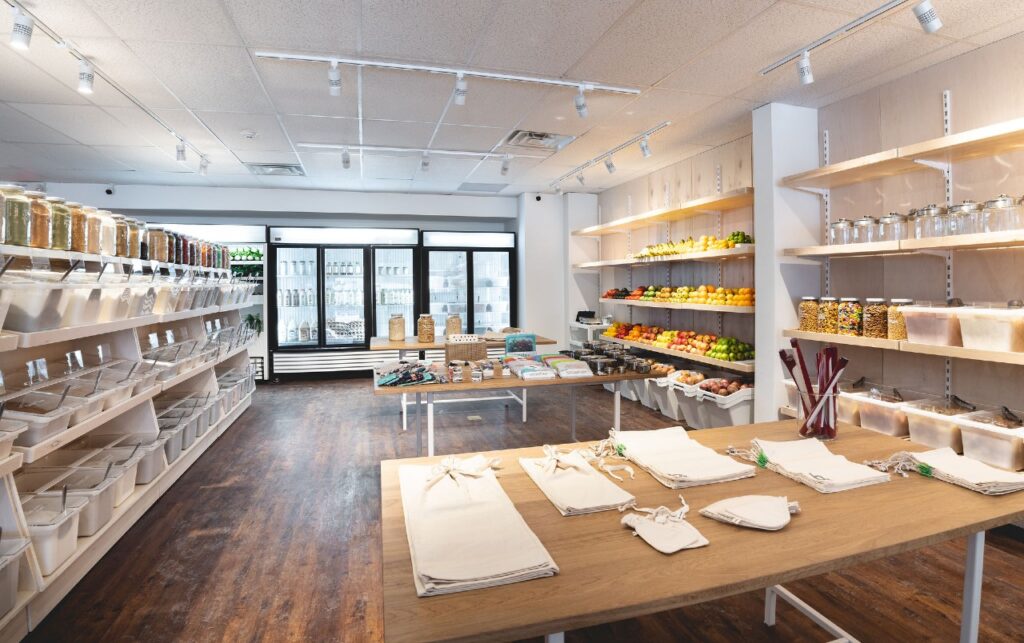
© Team Litter Free India
By Melike Hilal Gumus
Did you know that you eat one credit card worth of plastic in a week, or that there is there is one truckload of plastic being dumped into the ocean every minute? Your plastic waste can take up to 1,000 years to decompose. All the plastic that gets dumped into the ocean destroys the marine ecosystem and negatively affects all marine life.
These are just a few of the countless examples of plastic pollution.
“Where does all of that plastic go? It comes back to us, sits on our plate, and we eat it,” Ripu Daman Bevli said. Ripu is an environmentalist and social activist, known as the Plogman of India. He has been dedicating his life to a litter-free India and to helping everyone around the world go plastic-free. Earth is running out of time, and plastic pollution has negative effects on wildlife, climate change and people.
Destruction of the marine ecosystem is a serious issue. “[It] ultimately leads to oceans not being able to perform their functions effectively, which includes absorption of greenhouse gases, which leads to climate change and increase in temperatures,” Ripu said.
It has to start somewhere, and the change starts right in your home. Here are some simple things you can do to help:
Reduce your waste
“We need to find ways to use and reuse everything. We cannot be wasting anything and everything.
“By reducing waste in our personal consumption, we can see our own trash can, and that helps to incentivize and encourage people to make even larger changes in their lives, where it could be quite scary to do otherwise,” Dayna Stein said. Dayna is the owner of Bare Market – Toronto’s first one-stop-shop for package-free products.

“We’re really using plastic waste as a lever to talk about larger environmental and social issues because plastic is very visible, and it’s something that people can see the impact of – both in their own garbage cans and any environments around their homes,” she said.
Do not buy your way out.
One of the essential steps when it comes to reducing plastic pollution is reducing waste.
“You can’t buy new things to reduce waste; you don’t need to buy a new wooden hairbrush if the plastic one you have is perfectly good,” Dayna said. “You want to extend the life of the things that you already own, only choose to buy new when you’re looking for a replacement, and make sure it’s something that is sourced locally.”
Use reusable containers, straws and utensils.
There are many cafes, businesses, and coffee shops that allow people to bring their own containers and cups when they go.
“There are also businesses like ours, and other small business retail stores around the city that work in a deposit model where we provide a jar for $2, and when you bring it back, you get your $2 back,” Dayna said.
Track your waste.
“Doing a waste audit to see what it is that you’re throwing out each week, so that you can focus on the things that you’re throwing out most and try and find solutions to those is usually a good place to start,” Dayna said.
Shopping at low-waste stores is another way to track and reduce your waste.
“Businesses like us and others around the city really are working closely with customers and suppliers to reduce waste,” she added.
Take a reusable bag with you when shopping.
Single-use plastic bags are extremely bad for the environment, and the solution to this problem is very simple.
“We need to start using our cloth bags – carrying our bags everywhere and then using them to carry back when we go for something else,” Ripu pointed out.
Do not buy plastic-bottled beverages.
Always carry your own reusable bottle with you, as it is more hygienic, and you will not be creating constant plastic waste.
Check the labels and be mindful.
Try to buy plastic-free products; these products are better for both the environment and your health.
“Be mindful of what you’re purchasing and make sure you need it,” Dayna said.
Do not litter.
“When you bend down to pick up somebody else’s litter, you will not litter again,” Ripu says. Littering is a huge problem everywhere that can be solved easily. The change always starts with you.
Thrift!
“I think buying second-hand is a great way to move forward with reducing waste – buying through thrift shops, Facebook Marketplace, Kijiji, anything like that,” Dayna said.
Buying second-hand ensures that you are not contributing to the production of clothes with mainly plastic fabric, and you are not getting any plastic packages.
Take action; sign petitions against plastic pollution.
Plastic Upvaas is one of the projects Ripu started that calls people to action and everyone can easily join. Upvaas means fasting, so he is calling on people to do a plastic detox in their lives.
“Why not fast on that one thing that is destroying your health and the planet at the same time – single-use plastic?” Ripu said.
The Plastic Reduction Petition by the Canadian Wildlife Federation is another petition that everyone can sign to stop single-use plastic in Canada. Change never happens overnight; all of us need to be consistent and determined to accomplish our goal of saving the Earth.
Ripu sums it up: “Zero Waste is a journey, not a destination, so start today.”